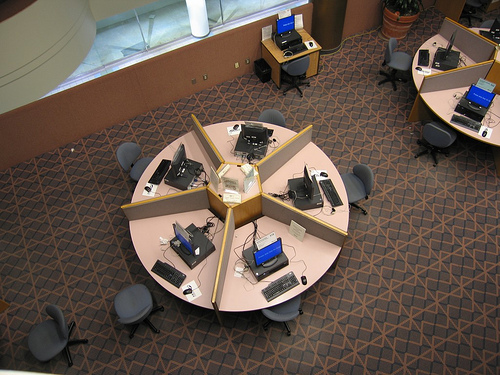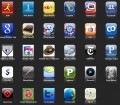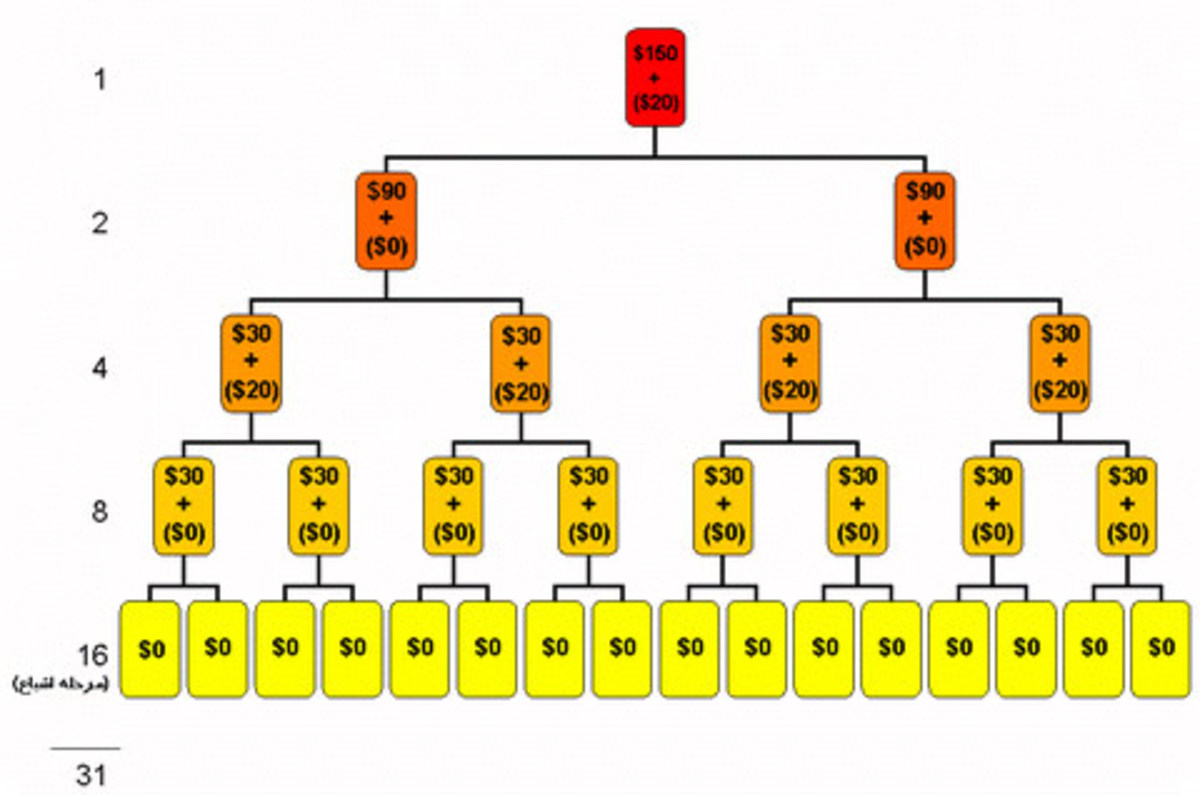How to use the library if you're unemployed
Don't let looking for work be a solitary task. You'll come out of unemployment much faster and under much less emotional stress if you work with other people.. If you were at your job for a long time before it ended, the process of looking for work has changed a lot since the last time you had to do it. Your local library should be among your most important resources. You can find both information and personal help there.
First, you need a computer to find a job nowadays. Fifteen or twenty years ago, you didn't. If you don't own a computer, the library has some you can use. You'll need a library card, and if the library is very busy, you may not be able to use its computers for more than an hour at a time. But where else can you find a free computer?
If you don't know how to use a computer at all, you can learn at the library. Libraries have long been at the forefront of using computers, and public education is part of their mission. They're well prepared to help you.
Now that your computer needs are settled, how can you use the library if you're unemployed?

You need to understand the job market
Not only has the process of looking for work changed over the years, so have the kinds of work you can look for. There are fewer manufacturing jobs today, and the ones that still exist require a higher level of technical skills. You may have worked in the same field all your life. You may or may not be able to find something in the same field. Maybe you want to change fields--or maybe you must because you have no other choice. You will have to do some research. Probably everything you need to know is available online. Here are at least some of the things you will need to find out:
- What field exist that you might be interested in?
- What is the job outlook for each of them? Some may be growing while others may be shrinking.
- What specific kinds of jobs are available? How much can you expect to get paid for each one?
- Where are the jobs? Can you find something locally, or will you have to relocate?
- What kind of skills and training do these jobs require?
- If you need training or education that you don't already have, where can you get it and how much will it cost? Is some kind of financial help available while you're doing it?
You can hunt for it yourself, but why start from scratch? The library not only has computers, but librarians who already know which resources you need to look at. Some people still prefer studying print sources to looking at them online. If that describes you, the library already has them. Only some of them are available for sale at a reasonable price, but once you have found out about them at the library, why spend the money?

The library services you need can be roughly divided into two types. First, you should consult with a reference librarian. Check to see if your local library has a business librarian. If so, it's best to make an appointment rather than approach whomever happens to be at the desk. If you go to a branch library, the business librarian is probably at the main library. He or she will help you identify the best resources for your particular needs.
Second, besides one on one conversations with a librarian, the library probably offers some kind of classes and workshops. It might offer some classes once a month or even more frequently. It might offer others only once in a while. In other cases, the library staff does not conduct the classes. Some other group does, and the library just offers space.

You need to market yourself to employers
Once you have decided what kinds of jobs to look for and know you have the necessary skills, training, and education, you need to begin the process of finding your job and persuading a company to hire you. That process entails several different skills. The library can help you through the same combination of talking with a librarian or taking classes and workshops. If you have looked for work before, you have already been through this, but it's not the same any more. Take advantages of library services for studying the following components of looking for work:
- Writing a resume and cover letter
- Following up on resumes you have sent out
- Researching in preparation for an interview
- Going on the interview
- Following up on the interview
You may need help with other aspects of your life
I have already mentioned that if you need basic computer skills, you can learn them at the library. Libraries offer instruction in all kinds of things that aren't necessarily dedicated to helping the unemployed. Unemployed people might have special need for them. In fact, being unemployed might bring some of these needs to the surface or in some way make them more critical than they were before.
Again, the library offers these services both through the standard reference interview and through classes and workshops. The only difference is that you will probably not be seeking out the business librarian to get these kinds of help. You can ask whomever is on duty at the reference desk what kinds of information and services are available, or, if a question is concerned with some other librarian's specialty, make an appointment with that specialist. Here are only a few of the situations where you might want the kinds of assistance the library offers.
- You don't want to work for anyone else. You want to start your own business. (That, of course, would entail speaking with the business librarian if the library has one.
- You realize you didn't manage your money very well when you were working, and now you need to learn how.
- Unemployment is creating strains in your family life, and you want to work on parenting skills or relationship skills.
- You need support in dealing with some kind of substance abuse issue.
I have written extensively about libraries elsewhere on the Internet, including a completely different approach to describing library services for the unemployed.









